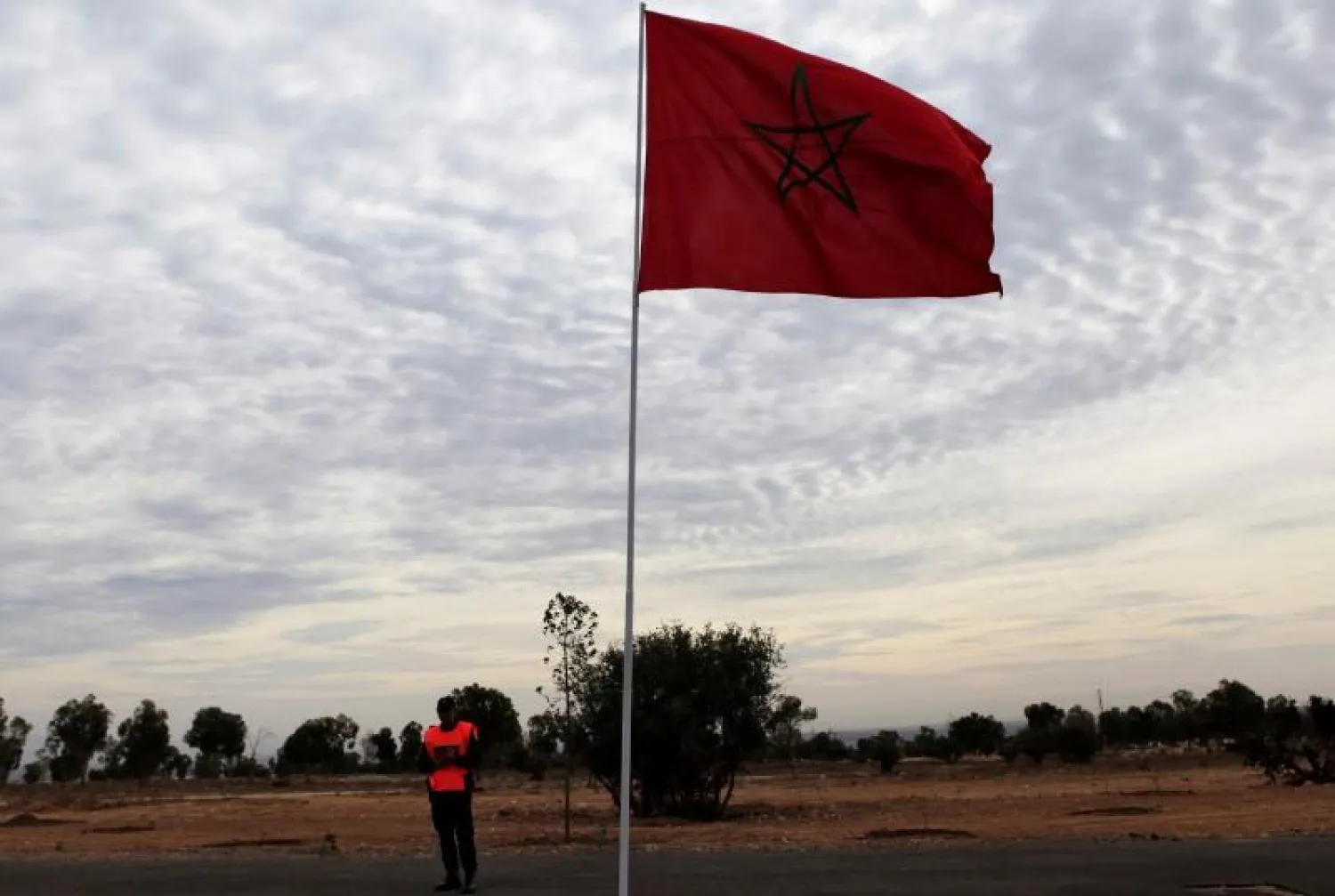Morocco’s civil associations called on Tuesday for suspending a number of parliament members from the National Council for Human Rights to ensure its independence from political parties.
The government also backed the move put forth by human rights groups, after heated controversy broke as parliamentary majority parties insisted on introducing an amendment to article 35 of draft law No. 76.15 concerning the reorganization of the National Council for Human Rights.
A plenary session of the House of Representatives for ratification is expected to handle the amendment, which seeks to provide four parliamentarians with membership to the national human rights body, despite mounting opposition by the government and National Council for Human Rights itself.
The Moroccan Association of Human Rights (MAHR), alongside many other human rights groups, said they have followed with deep concern the debate on the bill in the House of Justice, Legislation and Human Rights Committee.
They cited special concern regarding the amendment proposed to article 35, where majority groups called for the representation of four parliamentarians within the Council.
Human rights groups said in a statement: “The membership of parliamentarians within the National Council for Human Rights diminishes the independence of the institution and the lack of partisan representation within the Council will strengthen its independence and credibility.”
Human rights organizations called for “the non-representation of lawmakers within the National Council for Human Rights, in order to protect the body’s full independence from political parties."
They explained that such impartiality is a position in line with the guidelines of the Office of the United Nations High Commissioner for Human Rights, which recommends that "national human rights institutions must remain independent, and to seek to establish relations with all parties and political factions while remaining uninvolved with partisan agendas.”
Opponents of the amendment also argued that lawmakers also becoming members of the National Council for Human Rights will put them in the position of dealing with “overlapping tasks.”









